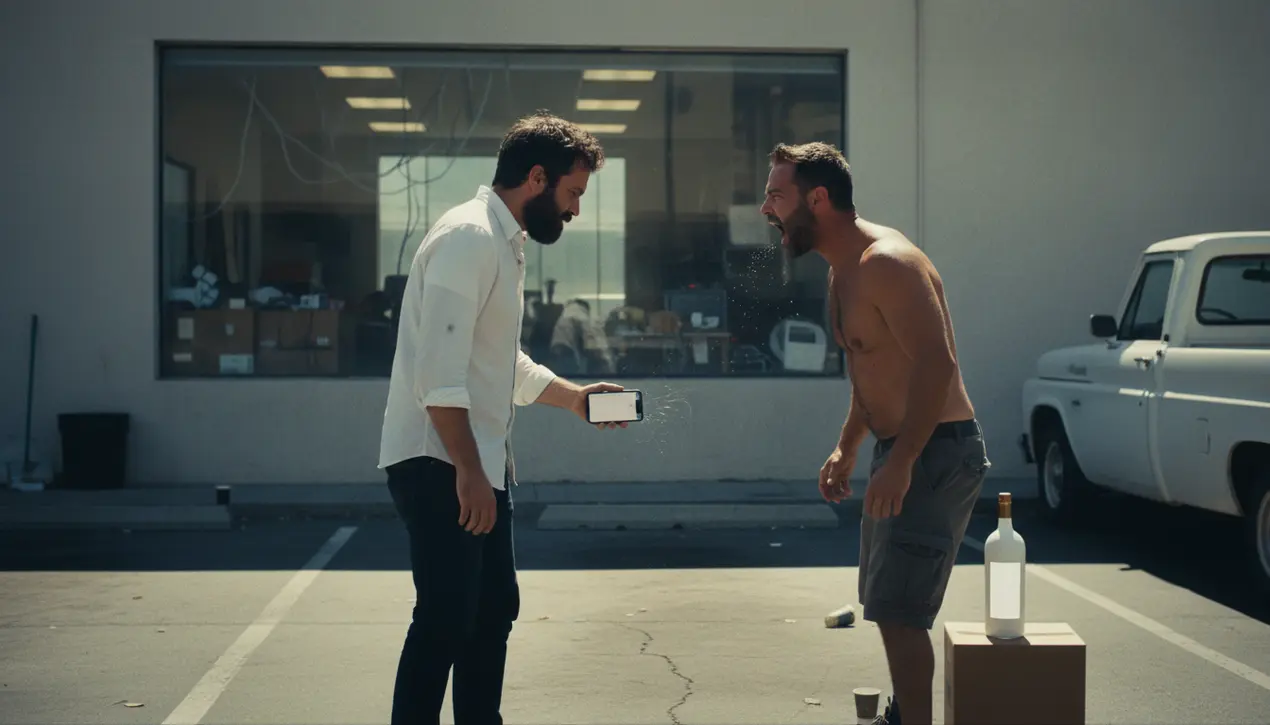
Otherreal estateHousing Market Trends
The crazy story of how Ring founder secured the name Ring.com
AN
Andrew Blake
8 hours ago7 min read4 comments
The acquisition of a premium domain name often reads like a high-stakes poker game played with corporate treasury funds, but for Ring founder Jamie Siminoff, securing Ring. com was a desperate, borderline-reckless gamble that nearly emptied his startup's coffers.In a narrative pulled from his new book, 'Ding Dong: How Ring Went from Shark Tank Reject to Everyone’s Front Door,' Siminoff details the existential crisis surrounding his obsession with a four-letter URL. The owner's initial asking price was a staggering $2 million, a sum representing a massive portion of the venture capital infusion from True Ventures.This move was universally panned as fiscal insanity; his investors balked, seasoned tech friends advised against it, and even the owner of a neighboring mezcal company accosted him in the parking lot, yelling, 'You’re going out of business! Your doorbell doesn’t work! It’s just a name!' This external doubt mirrored an internal maelstrom, forcing Siminoff to confront a fundamental entrepreneurial question: How much is a brand's identity truly worth? His conviction was forged in the crucible of past failure; his first venture, a voice-to-email service, languished under the clunky name 'Simulscribe' before rebranding to 'PhoneTag. com' sparked renewed interest.This lesson was seared into his psyche—a great product is nothing without a great name. In the nascent smart doorbell market, he foresaw a coming avalanche of competitors, and the only durable moat would be a powerful, memorable brand.The domain owner, curiously disinterested in his buyer's identity, seemed almost anachronistic, a digital prospector from the dot-com boom holding onto an asset he may have once valued at $10 million. After negotiating the price down to a still-daunting $1 million, Siminoff hit another wall: the seller wanted cash, not equity, a hard no that left the startup staring at a seven-figure hole.The climax of this corporate thriller involved a brazen bluff on the day of closing. With only $187,000 in the bank, Siminoff invented a fictional, obstructive board of directors—'a bunch of assholes'—to justify a new offer: $175,000 upfront with the rest paid over two years.The seller erupted in a fury of expletives and hung up, leaving Siminoff to sweat for fifteen agonizing minutes before a terse email arrived: 'Wire the money. ' He never asked about the company or the phantom board.This transaction, which strained his relationship with his champion investor Adam d’Augelli at True Ventures, was not merely a purchase but a declaration. It was a bet that a name could carry the weight of a mission to 'reduce crime in neighborhoods,' a belief that the simple, resonant chime of 'Ring.com' would one day be as iconic as the doorbell's sound itself. This story sits at the fascinating intersection of branding psychology, startup finance, and sheer human audacity, a reminder that behind every sleek corporate logo can lie a chaotic, deeply human drama of risk and conviction.
#Ring
#Jamie Siminoff
#domain name
#startup
#branding
#venture capital
#business strategy
#featured
Stay Informed. Act Smarter.
Get weekly highlights, major headlines, and expert insights — then put your knowledge to work in our live prediction markets.
Related News
Comments
Loading comments...
© 2025 Outpoll Service LTD. All rights reserved.